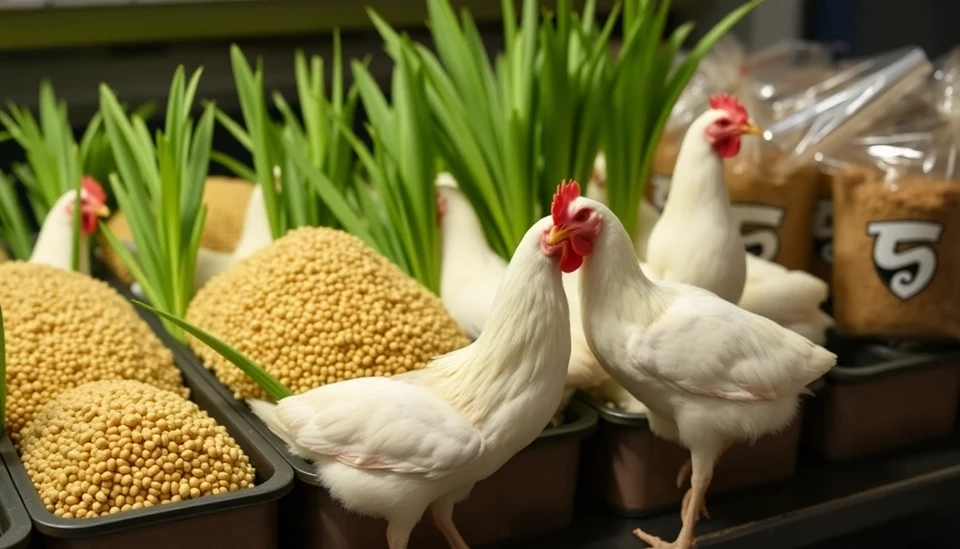
In a significant escalation of trade tensions, China has announced the suspension of imports of chicken and sorghum from specific U.S. firms. This latest development comes as a part of the ongoing diplomatic strains between the two nations, impacting agricultural trade that has been vital for both economies. The Chinese Ministry of Agriculture and Rural Affairs indicated that this ban is due to violations of food safety standards. However, many industry analysts view this move as a tactical response to the broader geopolitical climate rather than merely a regulatory decision.
The affected U.S. companies have not yet been officially named in the announcement, but it is expected that major poultry exporters may be among those impacted. This suspension could significantly affect these businesses that have relied on the Chinese market, which has been one of the top importers of U.S. chicken in recent years. Industry insiders are concerned about the potential fallout from this decision, as it could lead to financial losses and further complicate the already fragile trade relationship between the U.S. and China.
This trade action follows a series of retaliatory measures exchanged between the two countries. U.S. tariffs on Chinese goods and restrictions on technology imports have already strained relations, and events like these instill fear of a potential breakdown in trade negotiations that are crucial for economic stability. Farmers and exporters in various sectors are closely monitoring this situation, hoping that cooler heads will prevail in the diplomatic arena.
Sorghum exports, specifically, have seen immense growth in recent years due to China’s increased demand for the grain, primarily used in animal feed. The interruption in imports comes at a time when the U.S. sorghum industry was optimistic about expanding its presence in the Chinese market. With this sudden shift, many agricultural stakeholders are recalibrating their expectations and strategies moving forward.
The implications of this suspension extend beyond the immediate import restrictions, as analysts warn that it could be a precursor to more widespread import disruptions. Market volatility is anticipated as traders respond to the uncertainty surrounding U.S.-China relations. The broader agricultural markets are already feeling the pinch, with prices for chicken and sorghum expected to fluctuate as the fallout from this decision plays out.
The U.S. government has yet to respond to this import suspension formally, but discussions are likely to take place in diplomatic circles, emphasizing the importance of maintaining trade channels that are mutually beneficial. The U.S. agriculture sector, a significant contributor to the national economy, is hopeful for a quick resolution to avoid long-term damage to these vital trade ties.
As the situation evolves, stakeholders and market watchers will need to stay attuned to regulatory shifts and international negotiations that may arise in response to this latest development. The ramifications of such trade actions continue to echo throughout the agricultural community, reshaping future trade patterns and diplomatic relations between the two superpowers.
For now, the focus remains on understanding the full scope of the impacts of this suspension and navigating the uncertain waters of agricultural trade in a climate marked by volatility and contention.
#China #Imports #US #TradeTensions #Agriculture #Sorghum #Chicken #FoodSafety #EconomicPolicy #InternationalTrade
Author: Victoria Adams




